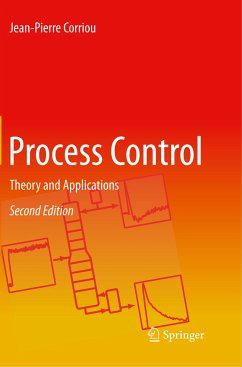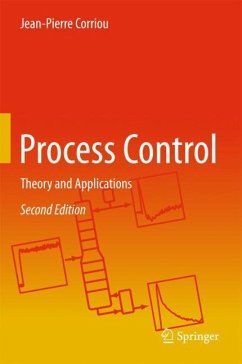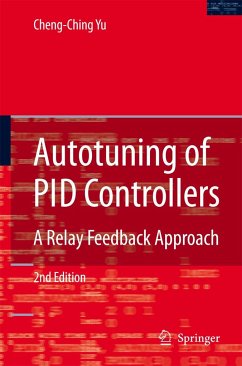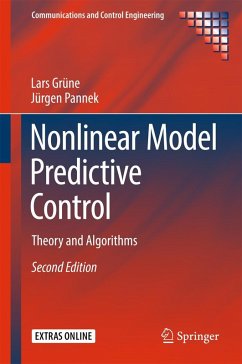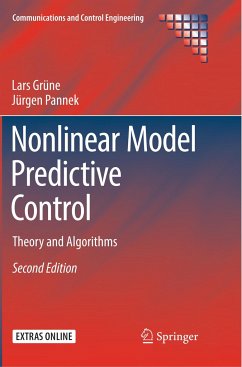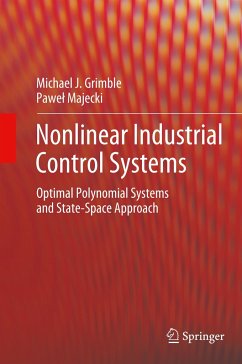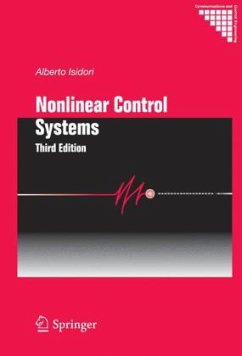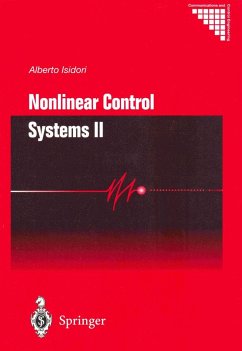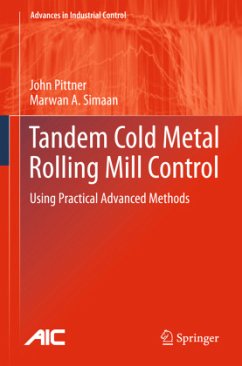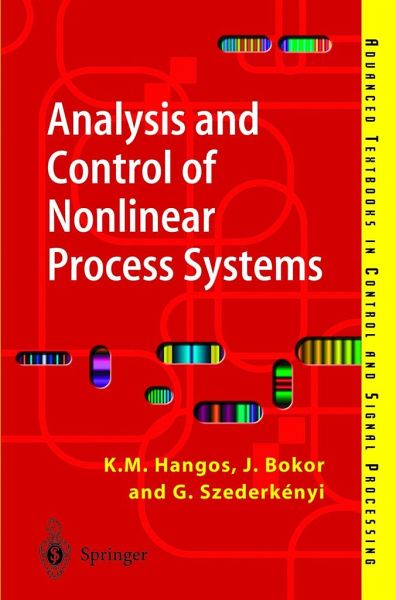
Analysis and Control of Nonlinear Process Systems

PAYBACK Punkte
26 °P sammeln!
Although nonlinear control is traditionally an area of interest in process systems engineering which is of great practical importance, many process engineers have difficulty with the paradigms and results of modern nonlinear control theory because they lack the mathematical background usually associated with such methods or because of their computational difficulty and small-scale applicability in the general case. This textbook overcomes these barriers.
Features:
- Mathematical preliminaries for readers from a process engineering background.
- Constant reference to the finite-dimensional linear time-invariant continuous case as a basis for extension to the nonlinear situation.
- Theories and analytical methods laid out clearly and straightforwardly with exercises to reaffirm the techniques as they are taught.
- Emphasis on process knowledge and first-principles-based models in obtaining feasible and effective solutions in particular circumstances from general cases.
- Simple examples and case studies.
Features:
- Mathematical preliminaries for readers from a process engineering background.
- Constant reference to the finite-dimensional linear time-invariant continuous case as a basis for extension to the nonlinear situation.
- Theories and analytical methods laid out clearly and straightforwardly with exercises to reaffirm the techniques as they are taught.
- Emphasis on process knowledge and first-principles-based models in obtaining feasible and effective solutions in particular circumstances from general cases.
- Simple examples and case studies.
This straightforward text makes the complicated but powerful methods of non-linear control accessible to process engineers. Not only does it cover the necessary mathematics, but it consistently refers to the widely-known finite-dimensional linear time-invariant continuous case as a basis for extension to the nonlinear situation.





